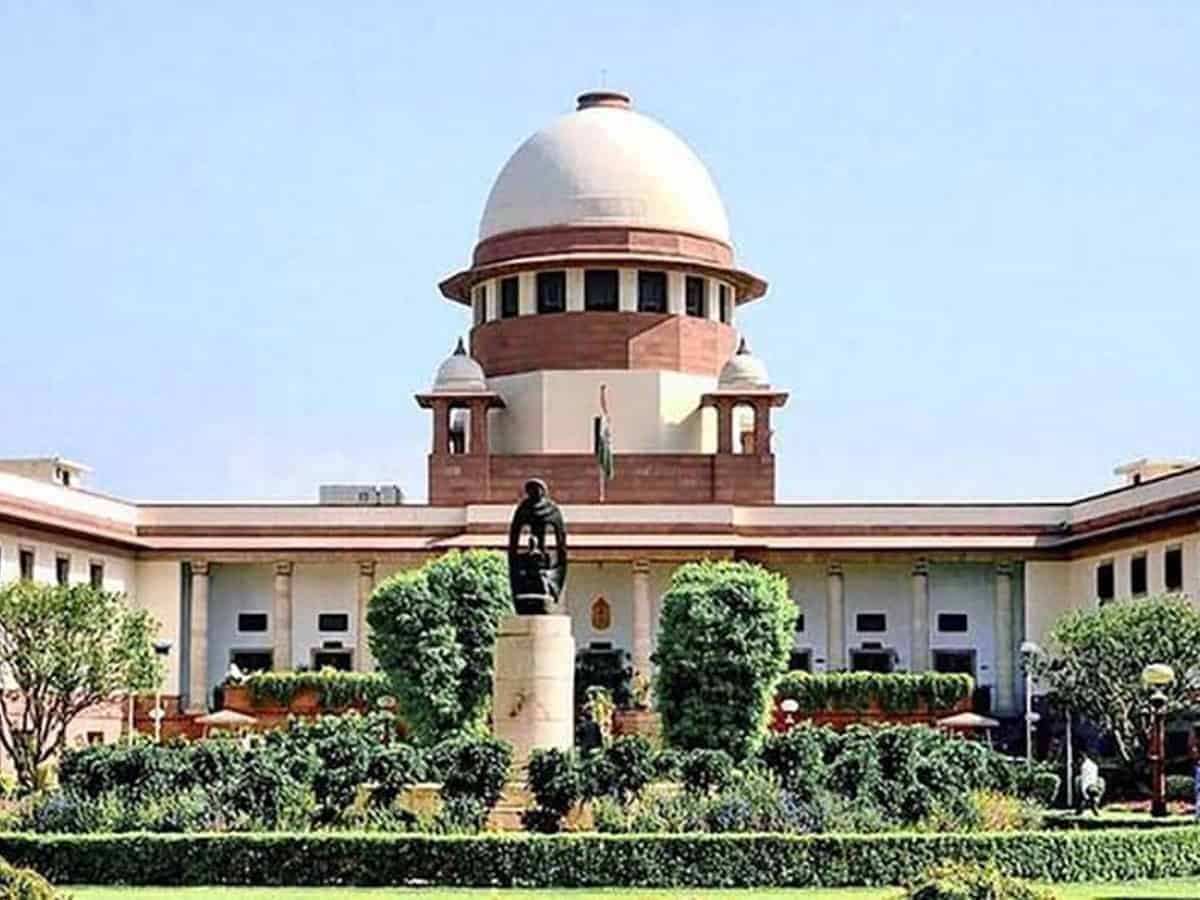
New Delhi: The Supreme Court agreed to list for hearing on Thursday a PIL against the practice of political parties promising freebies during elections, a significant development that comes ahead of general elections beginning April 19.
The PIL also seeks a direction to the Election Commission to invoke its powers to freeze the election symbols and cancel the registration of such political parties.
“This is important. We will keep this on board tomorrow,” the bench, comprising Chief Justice D Y Chandrachud and Justices J B Pardiwala and Manoj Misra, said on Wednesday.
The apex court took note of the submissions of senior advocate Vijay Hansaria, appearing for lawyer and PIL petitioner Ashwini Upadhyay, that the plea needs to be heard before the Lok Sabha polls.
The plea said there should be a total ban on populist measures to gain undue political favour from voters as they violate the Constitution, and the EC should take suitable deterrent measures.
It also urged the court to declare that the promise of irrational freebies from public funds before elections unduly influences the voters, disturbs the level playing field and vitiates the purity of the poll process.
“Petitioner submits that the recent trend of political parties to influence voters by offering freebies with an eye on elections is not only the greatest threat to the survival of democratic values but also injures the spirit of the Constitution,” said the plea.
“This unethical practice is just like giving bribes to the electorate at the cost of the exchequer to stay in power and must be avoided to preserve democratic principles and practices,” it said.
The petition sought a direction to the EC to insert an additional condition in the relevant paragraphs of the Election Symbols (Reservation and Allotment) Order 1968, which deals with conditions for recognition as a state party, that a “political party shall not promise/distribute irrational freebies from the public fund before the election”.
The petitioner has urged the apex court to declare that the promise or distribution of private goods or services, which are not for public purposes from public funds, before the elections violates several articles of the Constitution, including Article 14.
There are eight recognised national political parties and 56 state-level recognised parties. The total number of registered unrecognised political parties in the country is around 2,800.
The seven-phase elections for the 18th Lok Sabha will begin on April 19 and end on June 1. The votes will be counted on June 4.
The nomination process for 102 parliamentary constituencies spread across 21 states and Union territories where polling would be held in the first phase began on Wednesday with the issuance of a notification.
